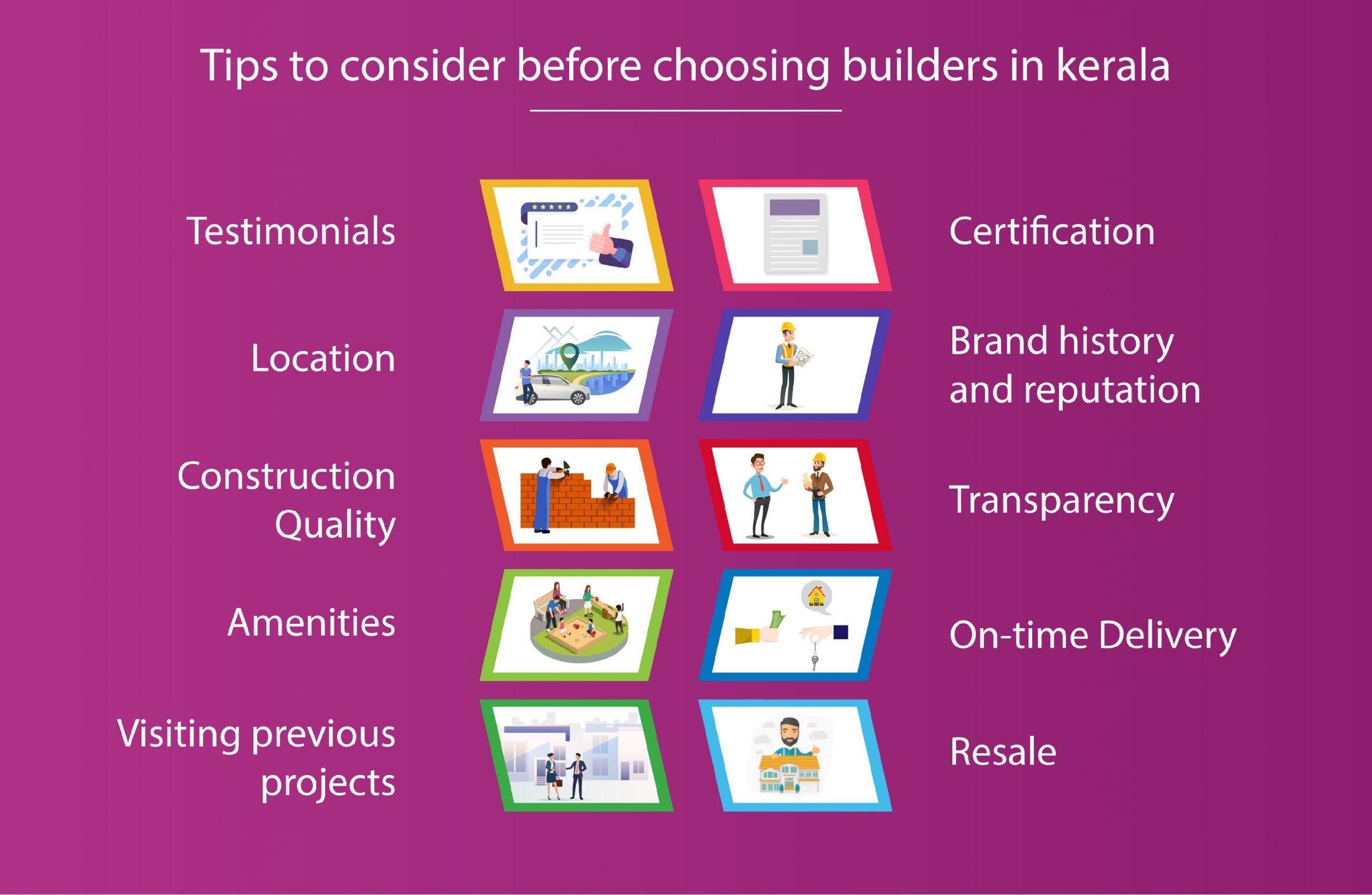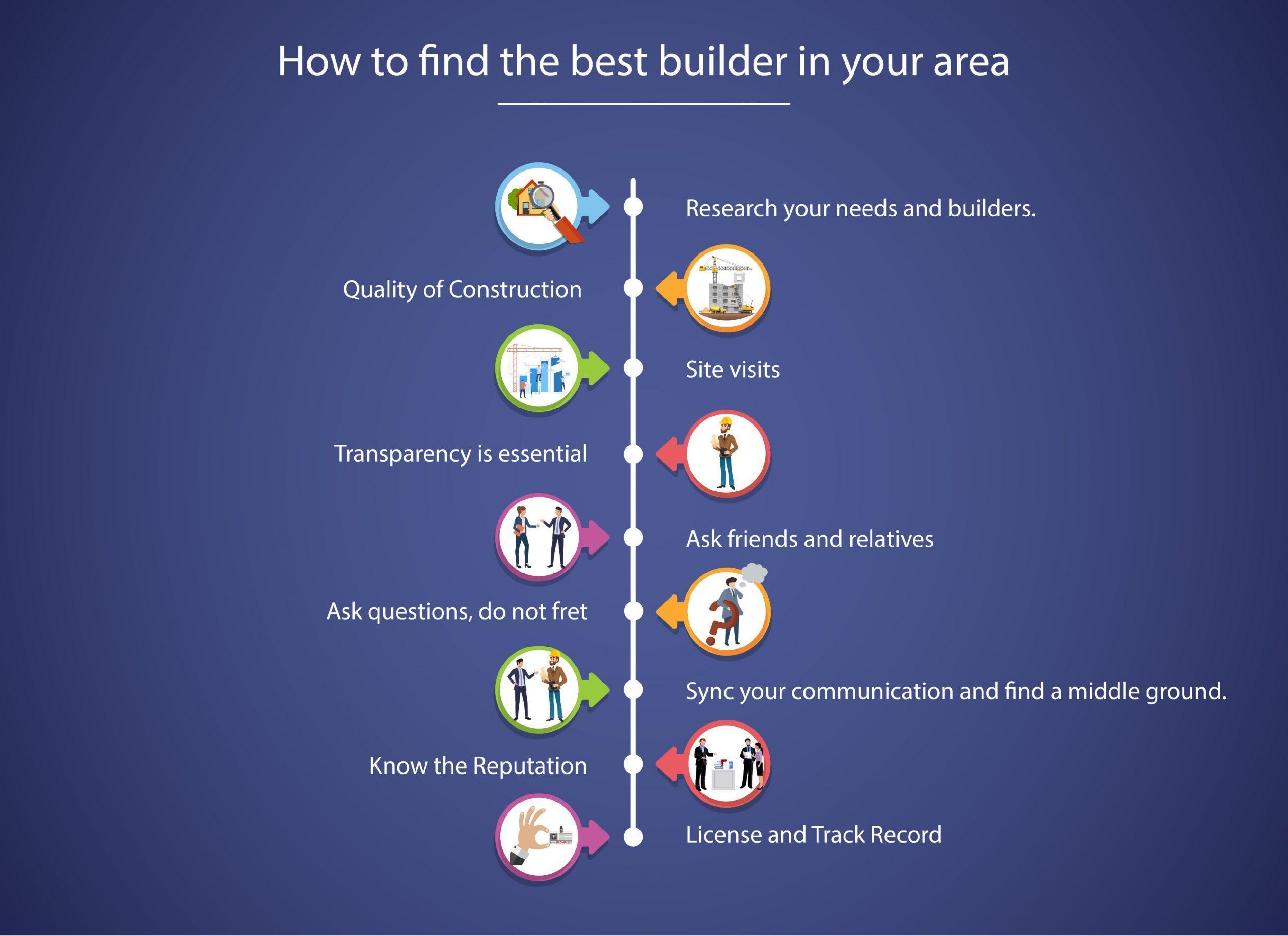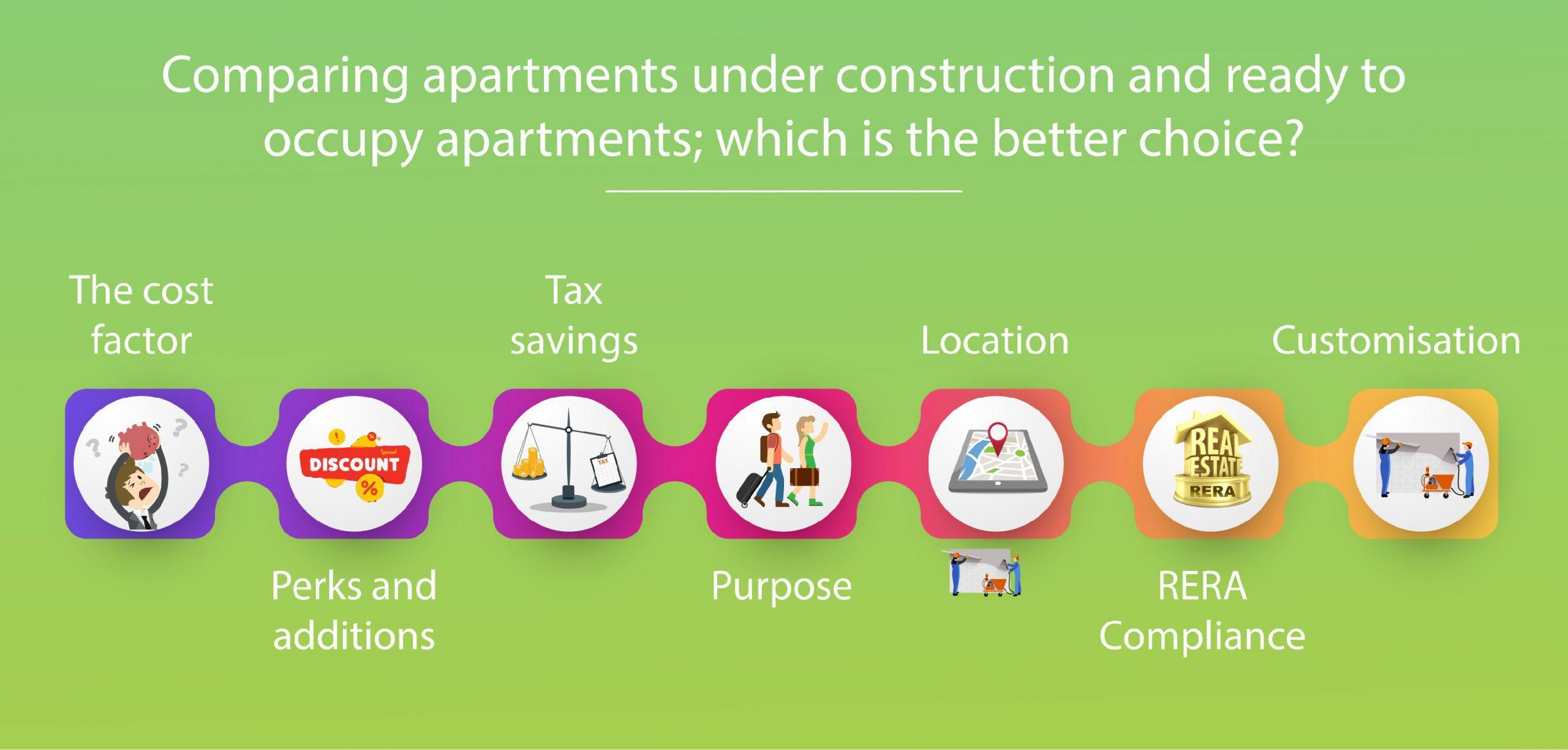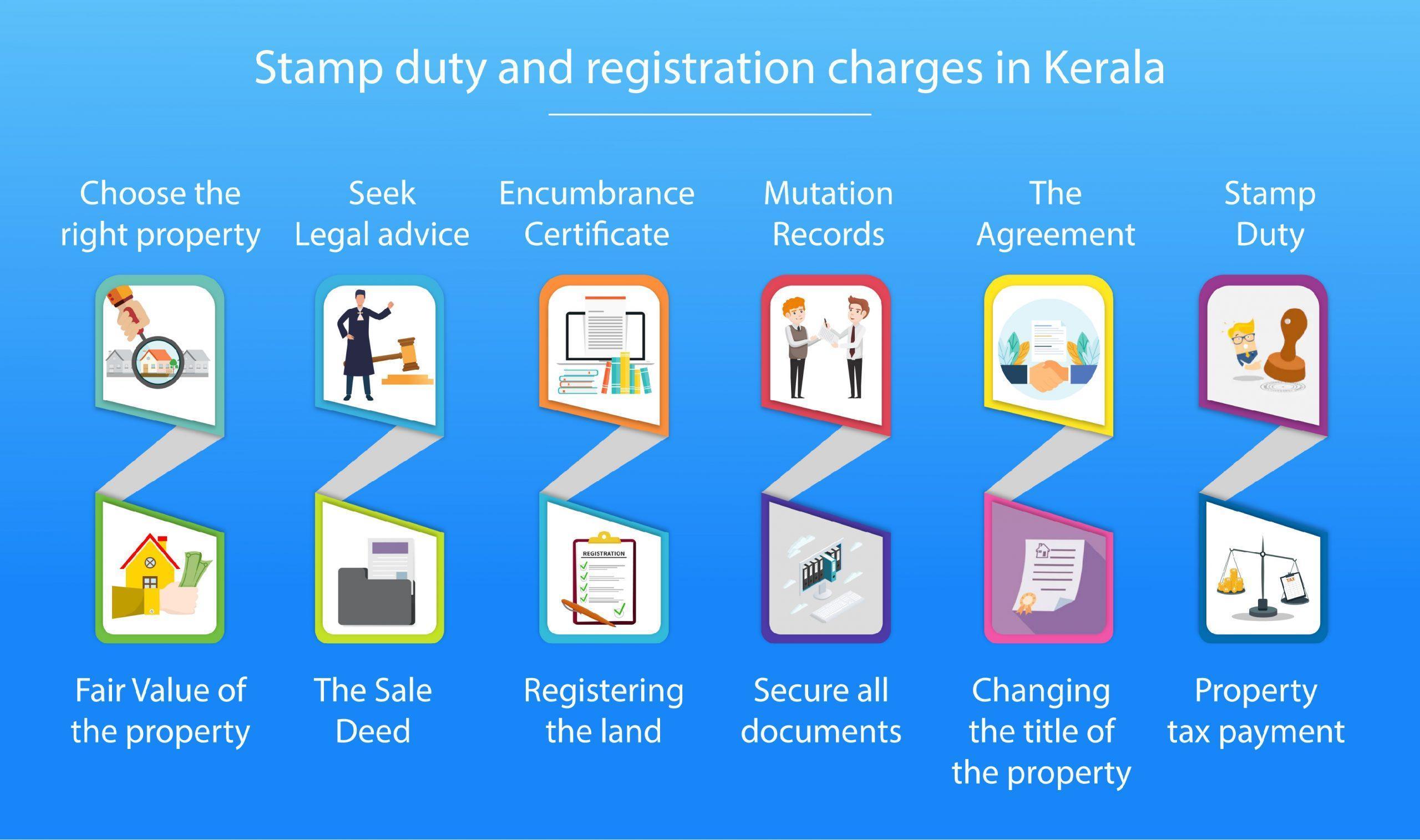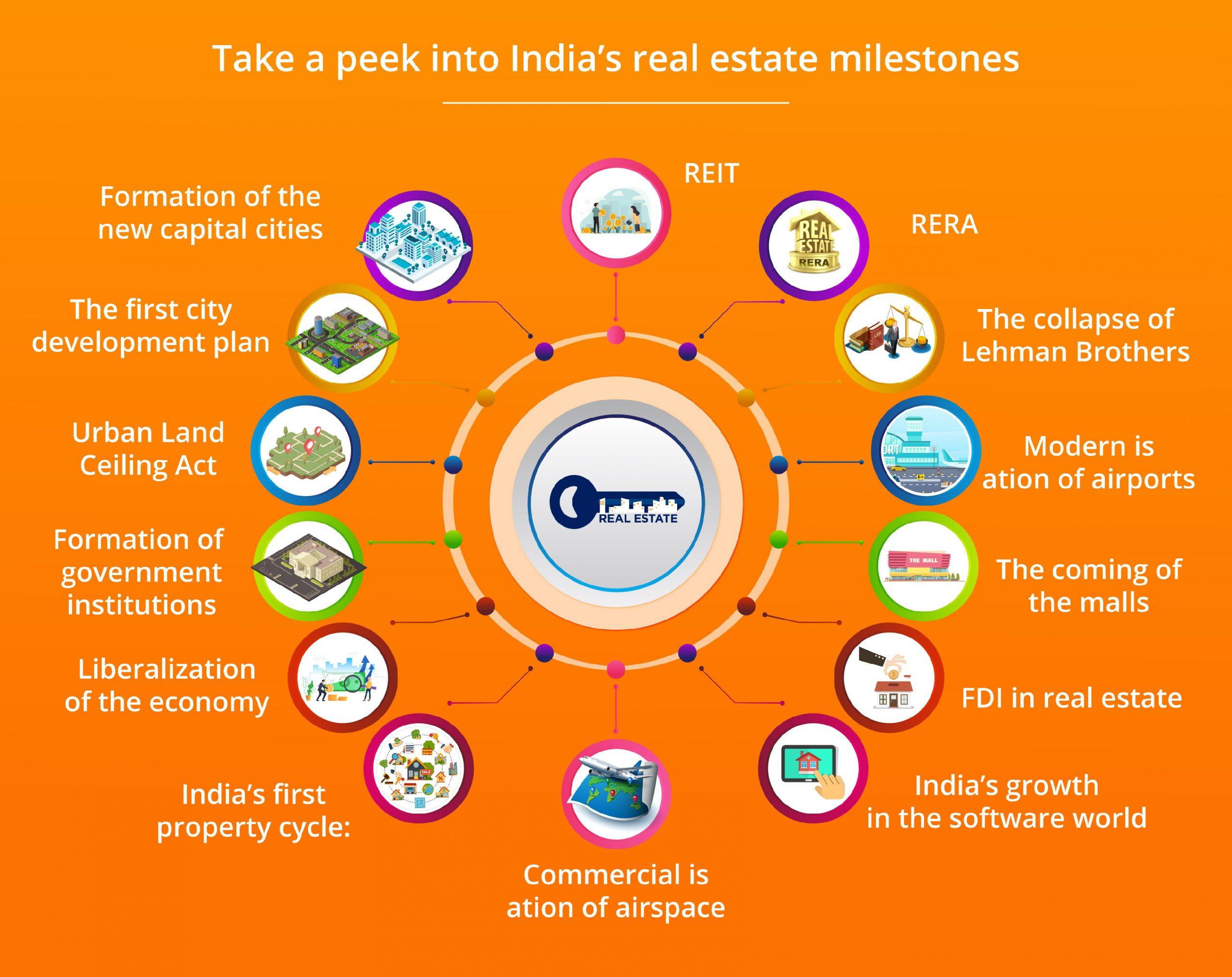Over many years, the real estate industry in India was haunted by unrealistic project delays and rise in cost of overheads. This led to the call for a strong framework in the governing mechanism to avoid all kinds of loopholes that pertained in the real estate industry. This resulted in the formation of RERA, which is the Real Estate (Regulation and Development) Act,2016, which came into action to protect and safeguard the rights and interests of home buyers.It came into full force on 1 st May 2017 and continues to boost investments and bring about credibility into the real estate sector. Under RERA, the real estate projects in every state and union territory is to be monitored by the respective governing authorities.,
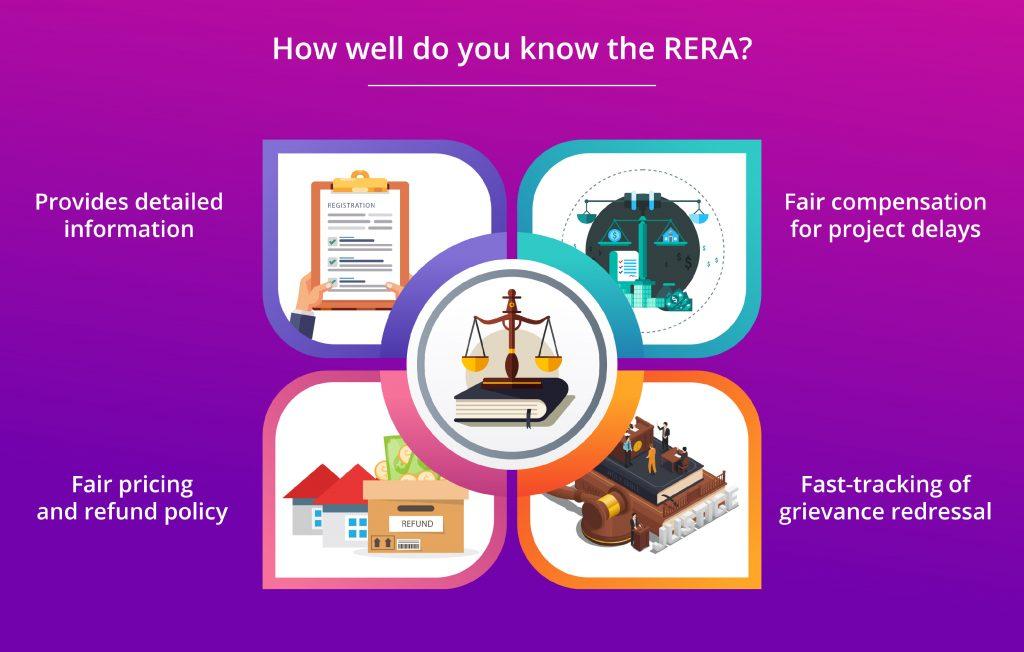
RERA provides a common ground for both buyers and developers and reduces the risks which were faced by the people before its implementation. RERA is applicable to more than 76,000 companies across the country and the act mandates registration of all projects and the respective real estate agents involved in property deals. It makes the details regarding real estate projects crystal clear to the buyer or investor and entitles them with the right to acquire all the documents related to the concerned project. RERA also ensures timely delivery of the project which comes as a great relief to home buyers and helps in making all real estate transactions, transparent to the core. It is important to know some of the key provisions included in the Act, notified by the Government of India for any real estate deal. They are as follows.
- The RERA act makes it mandatory for all commercial and residential real estate projects larger than 500 sq m or eight apartments, to be registered with their respective state’s Real Estate Regulatory Authority (RERA) before being launched.
- All the ongoing projects without Completion Certificates (CC), as on the date of commencement of the Act, will have to file for registration within 3 months. The authority will have to either accept or reject the application within 30 days. Post acceptance of the registration request, the promoters will be required to present all the required details about the project on RERA’s official website.
- If the developer fails to register a project, it would attract a penalty of 10 percent of the total project cost or an imprisonment of up to three years.
- It is also mandatory for real estate agents, who facilitate the sale or purchase of realty projects to register themselves with the authority with state level real estate regulatory authority. Brokers in the unorganized sector need to get their licenses or they would be blacklisted from the market.
- It is mandatory to form a code of conduct for the agents. They are also supposed to make all transactions official by curbing unfair trade practices.
Apart from the significant transparency and righteousness that the RERA act brings to real estate deals, the RERA also empowers you to take legal action in various scenarios against the developer/builder, some of which are the following:
- The builder/promoter/agent has not registered the advertised real estate project with the state’s regulatory authority.
- The builder/promoter/agent has presented false information to the regulator or disregards any provisions of the Act.
- The builder/promoter insists on charging for built-up or super built-up area
- The builder alters the apartment or building plan without seeking consent of two-third of the total all ottees of the project.
- The builder fails to deliver the project within the scheduled timeline.
- The apartment or building witnesses structural defects within five years from the date of possession.

The Real Estate (Regulation and Development) Act, 2016 lets customers make informed decisions while buying an apartment, villa or property and lets them seek solutions orcompensation for any injustice acted on them by sellers. Along with making builders of apartments or villas accountable for delivery timelines, the Act also offers the follow ingbenefits to the customers:
Provides detailed information
The mandatory registration of projects with RERA by developers, promoters and agents will allow buyers the access to detailed information on a public domain. This results in the increased transparency of all real estate deals eliminating all kind of fraudulent practices.
Fair compensation for project delays
The Act will take stringent action against builders who actively delay projects as it impacts the financial stability of home buyers. It imposes heavy penalty on developers for failing to meet deadlines. Buyers will be given a laid out plan in detail regarding the timelines of the project construction including the status of water, sanitation and power. Further, the Act also entitles buyers of apartment or villas to claim possession of property after the completion of common areas such as parks, clubs, internal roads etc.
Fair pricing and refund policy
The regulation mandates developers to charge only on the basis of carpet area. This will ensure that buyers pay for only what they purchase and this will reduce the overall financial burden for the buyers. The RERA also specifies that if a buyer wishes to cancel the booking, the developer will have to refund the amount, along with interest, within 45 days.
Fast-tracking of grievance redressal
Further, the establishment of an appellate tribunal under state-wise RERA is also a relief to the buyers who’ve been troubled due to long-pending cases and inefficient grievance red ressal. The mandate to settle all cases within a span of 60 days will help home buyers regain confidence in the judicial system and reinstate their interest in realty investments.
The real estate industry in India will witnessed a stable growth in the coming years and the RERA will prove to be beneficial for all those who wish to buy apartments, villas, properties inthe most prime locations. Make sure associations are made with trustworthy builders like Kalyan Developers who never fail to satisfy their customers and guarantees quality construction and on time delivery.












